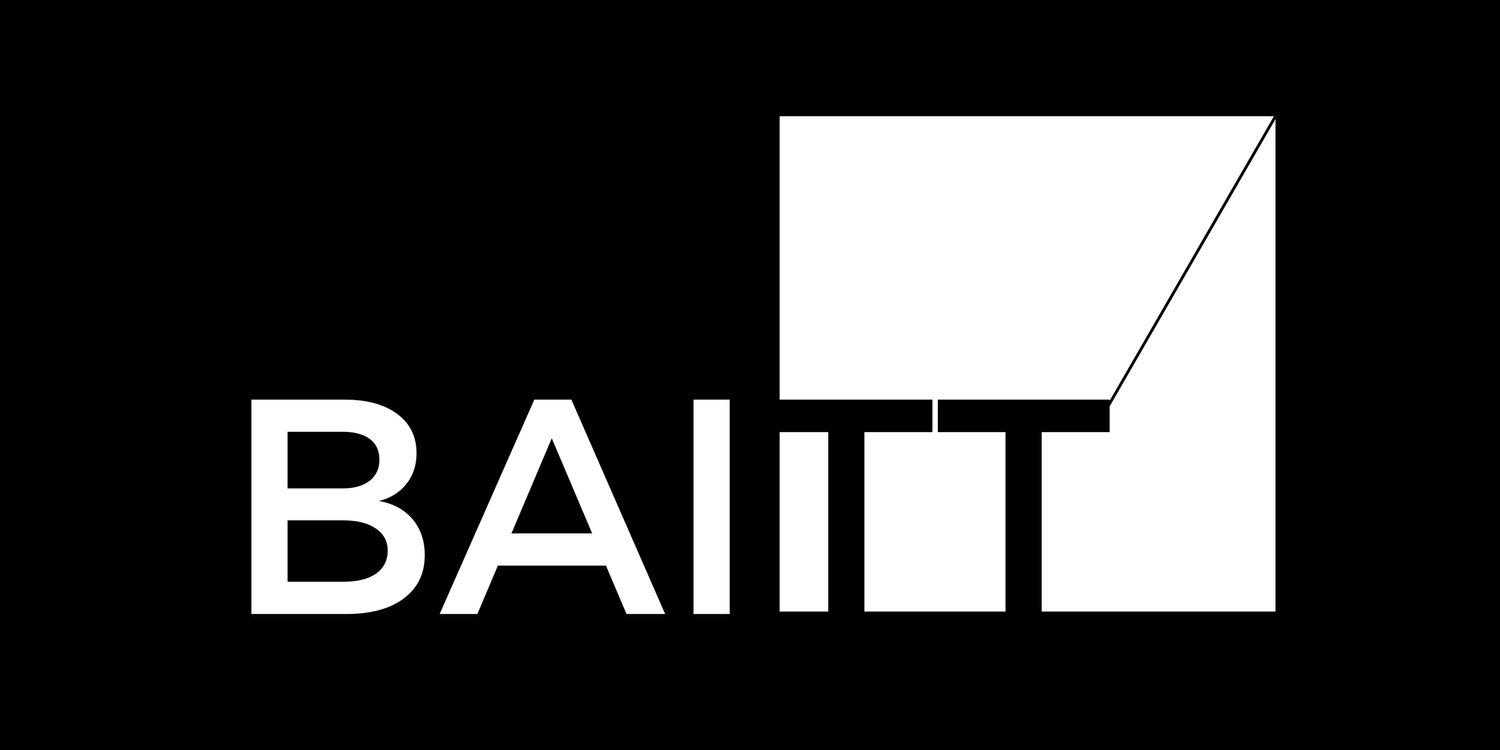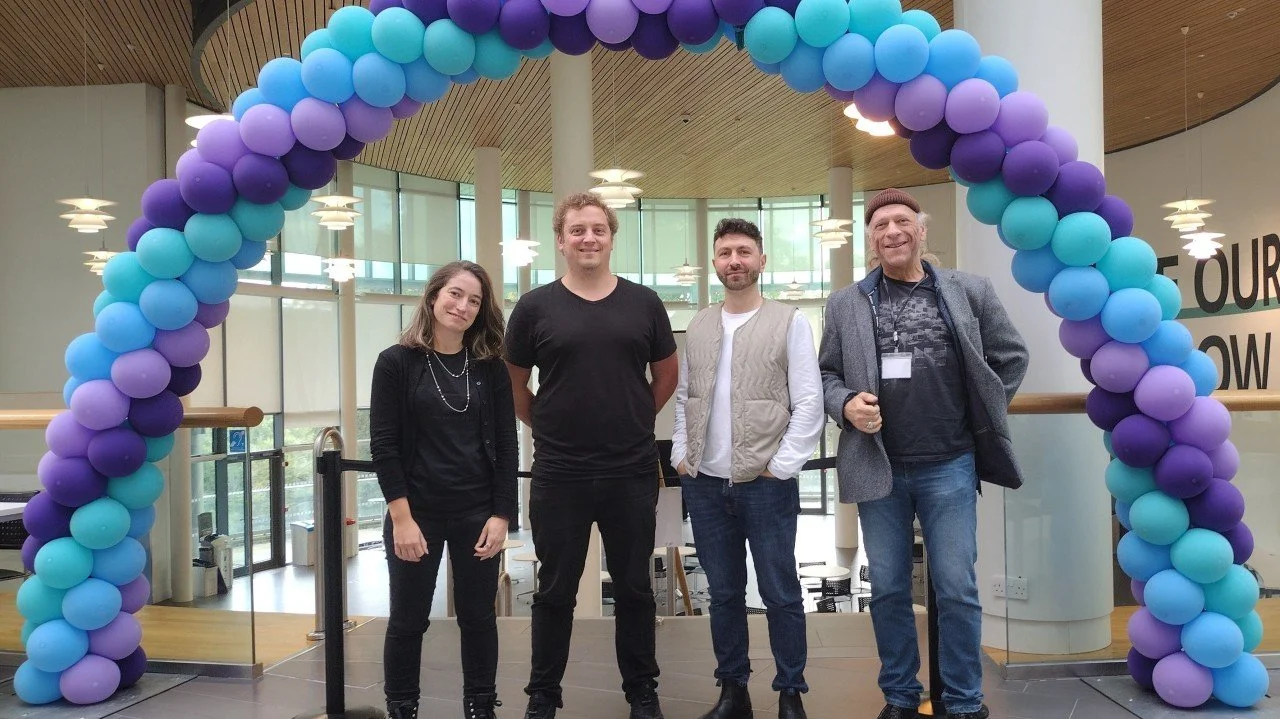Reflections from AE2AI
BAITT was a proud sponsor of the first ACM-Europe Seasonal School on Adapting Education to AI (AE2AI) that took place from September 18–20 at Robert Gordon University in Aberdeen. The sold-out event brought together 30 participants from Scotland, the USA, France, and Italy, a mix of students, instructors, early-career researchers, and industry professionals. Over three days, they listened, debated, and built tangible outputs around one central question: What does education mean in the age of AI?
The school featured four lectures with accompanying workshops, each designed not just to teach but to provoke. Carla Teixeira’s opening Birds of a Feather session helped participants map the landscape of challenges and opportunities AI poses for students and teachers alike. John N A Brown followed with a lecture contrasting how humans and machines “think” and “learn,” highlighting when offloading cognitive work to AI enhances human capability, and when it erodes it.
Damiano Cerrone showcased Urbanist AI, applying AI to architecture and urban planning, pushing participants to consider how education can prepare future professionals to work at the seams of disciplines. Teixeira returned with a second lecture, AI is Here. Now What?, which sparked perhaps the most vibrant conversation of the event: what adoption really means for schools, teachers, and pupils. Menno Cramer closed the weekend with The Human, the Machine, and the Gap Between, followed by a workshop where participants wrestled with defining and measuring critical thinking in an age when machines can already provide most of the answers.
Where Trust, Learning, and Critical Thinking Intersect
The real value of AE2AI wasn’t just in the lectures but in the questions left hanging in the air.
Where does trust in an educational system come from? For students, trust often comes from believing that what they learn prepares them for life, that education equips them to thrive in uncertain futures. For teachers, trust comes from believing the system respects their role, their judgment, and their capacity to guide. And for society, trust comes from seeing education as more than rote transfer of information, but as a foundation for thinking citizens. AI unsettles each of these trust relationships.
What does it mean to learn in the brain? Human learning is layered: sensory, emotional, cognitive. It involves forgetting as much as remembering, rewiring neural pathways through practice, and making meaning through narrative and social interaction. Machines don’t learn this way, they store, compute, and pattern-match. Which raises the critical question: if AI can now provide answers instantly, what remains essential for humans to know?
Perhaps that is where critical thinking enters. Critical thinking is not simply fact-checking or problem-solving. It is the art of questioning: weighing sources, recognizing bias, navigating ambiguity, and imagining alternatives. It is the difference between information and wisdom. But can critical thinking be taught, measured, even standardized? Or is it more like character, cultivated slowly through culture, conversation, and challenge?
And most fundamentally: why do we even still educate? For centuries, education has been justified as preparation for work, as a means of civic participation, or as a way of passing down culture. But each technological revolution, from the printing press, to the internet, to Wikipedia, has shifted those justifications. Now, AI is the next such revolution. If machines can outperform us in calculation, recall, and even creativity, then education must be about something deeper: the shaping of humans who can ask why, not just compute how.
Looking Ahead
The inaugural AE2AI School ended with commitments to continue developing the outputs, white papers, prototypes, frameworks, and to reconvene next summer at a larger venue. But the real deliverable may be less tangible: a shared recognition that education cannot simply add AI into the classroom as another tool. Instead, it must adapt at a philosophical level, questioning what it means to be human, to think, and to learn in the company of machines.
If history teaches us anything, it is that education will change. The question is not whether it will, but whether we will shape that change deliberately, or let it shape us.
L-R Carla Teixeira, Menno Cramer, Damiano Cerrone, John NA Brown

